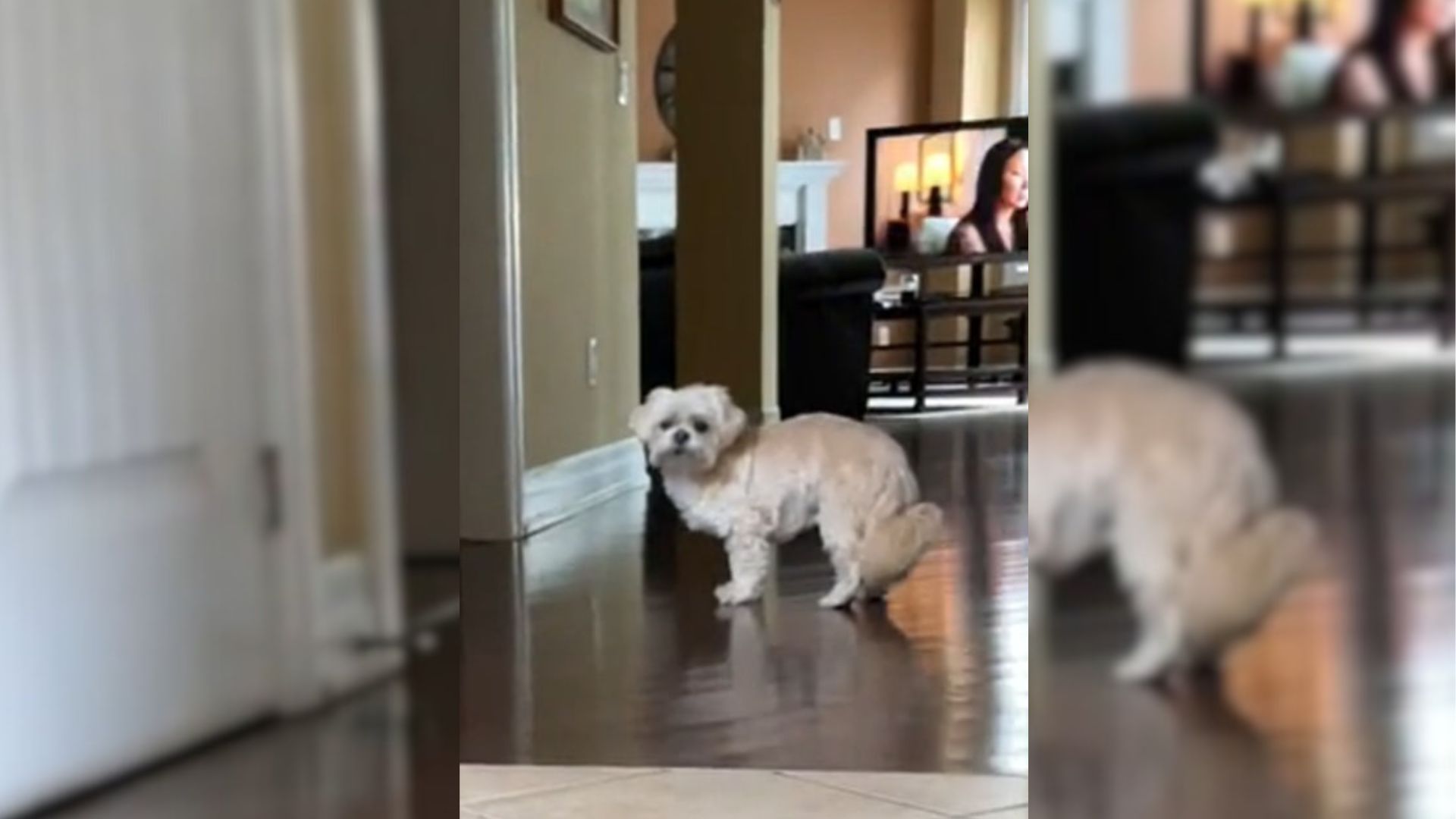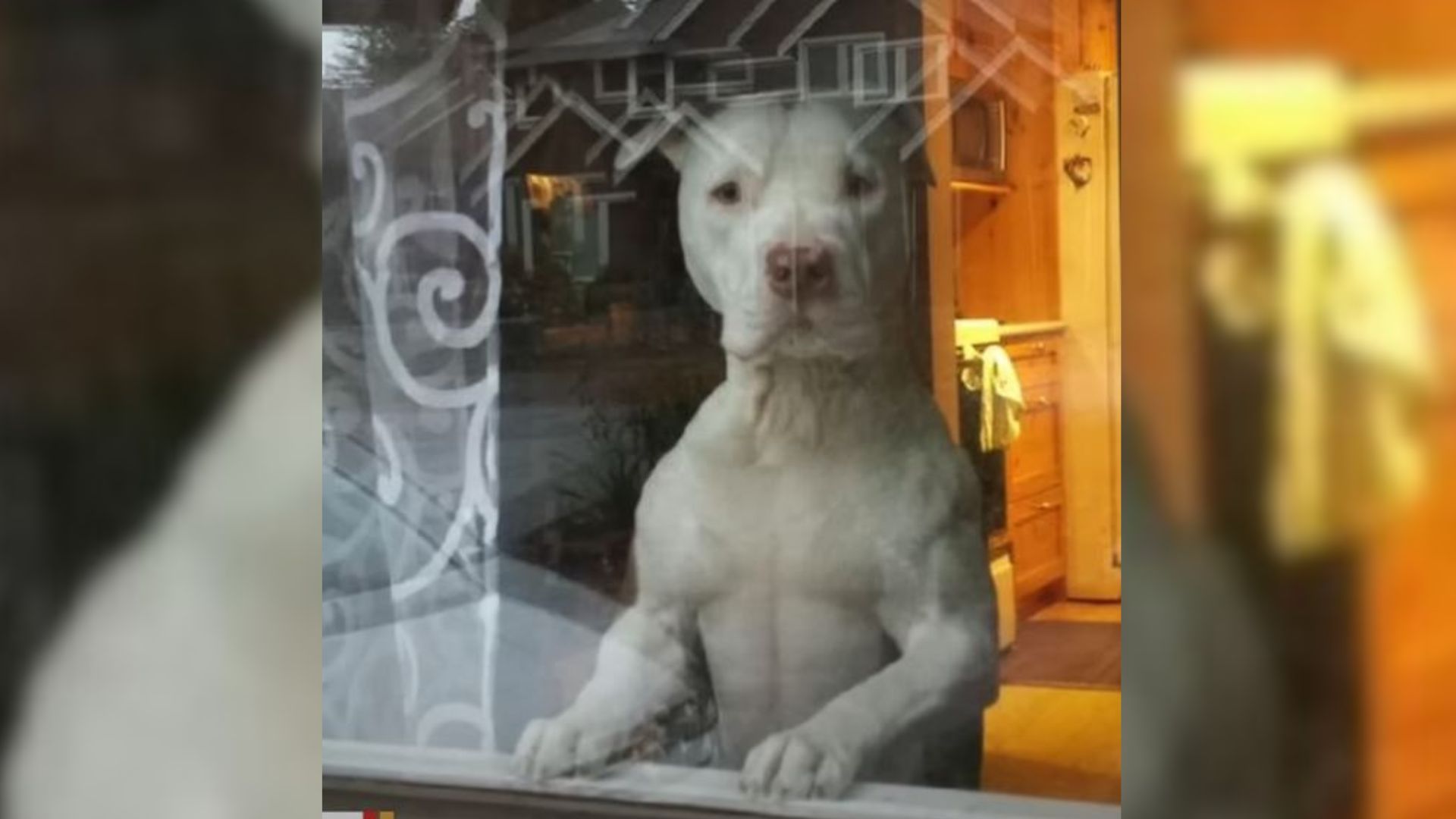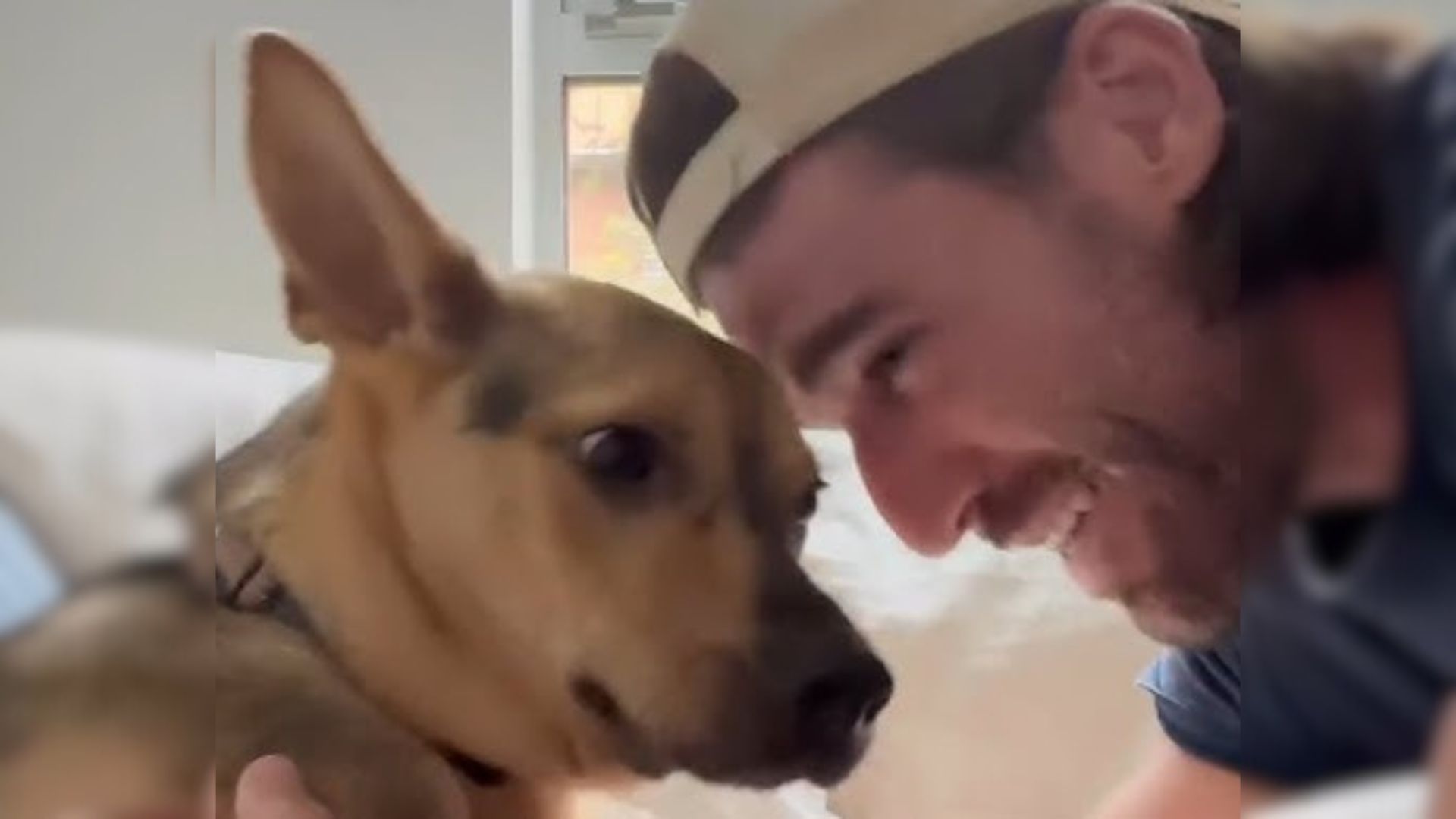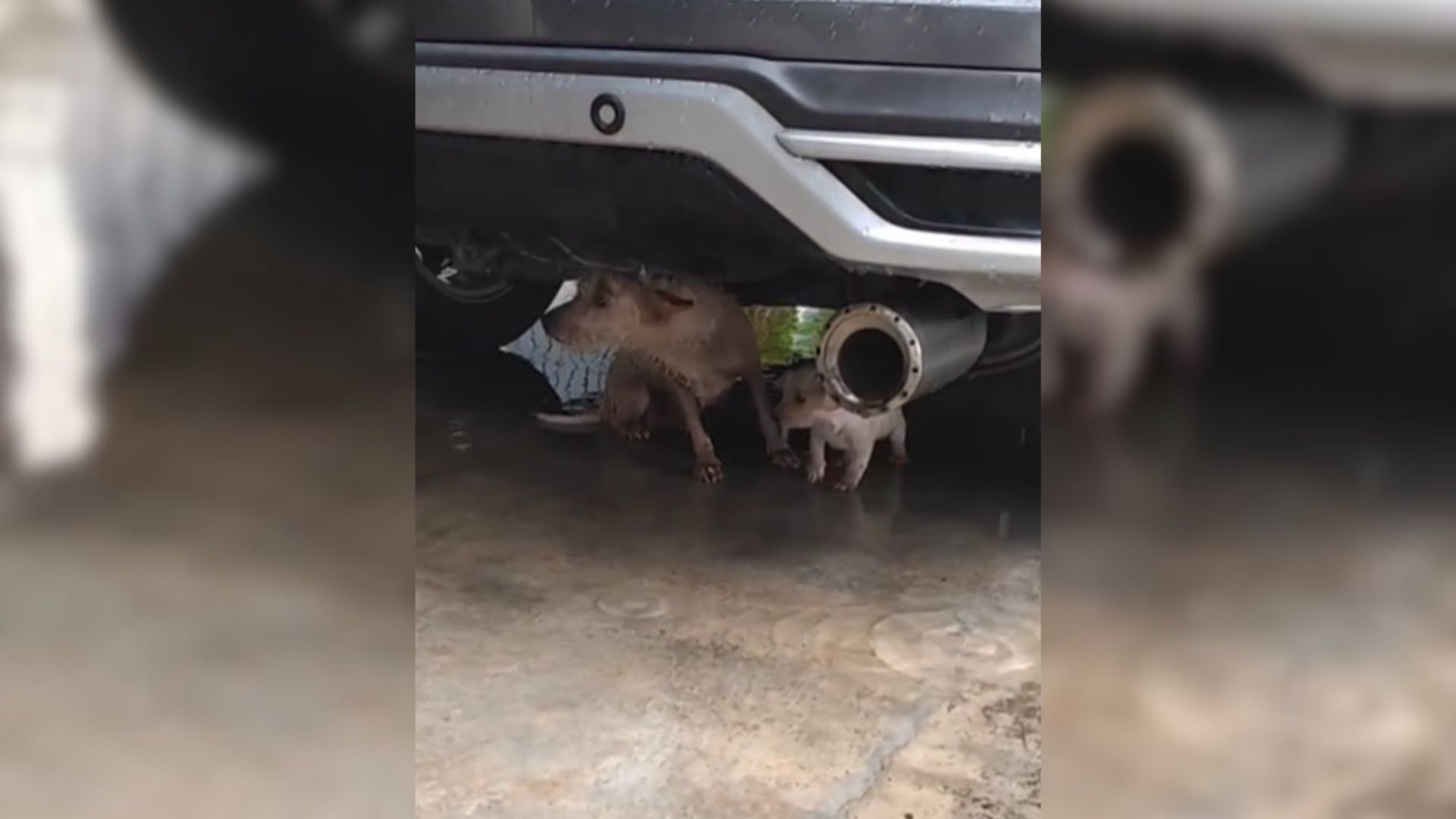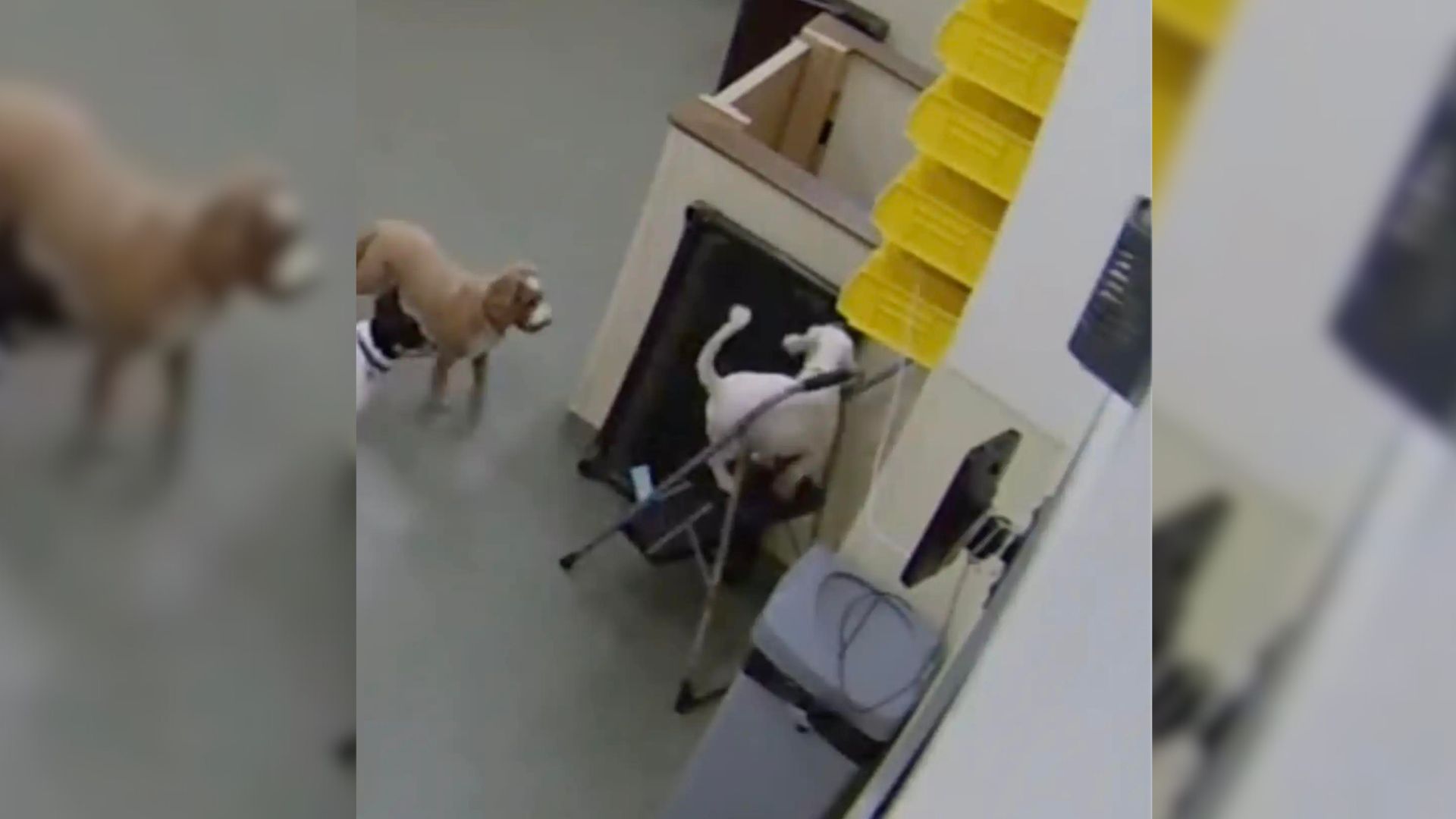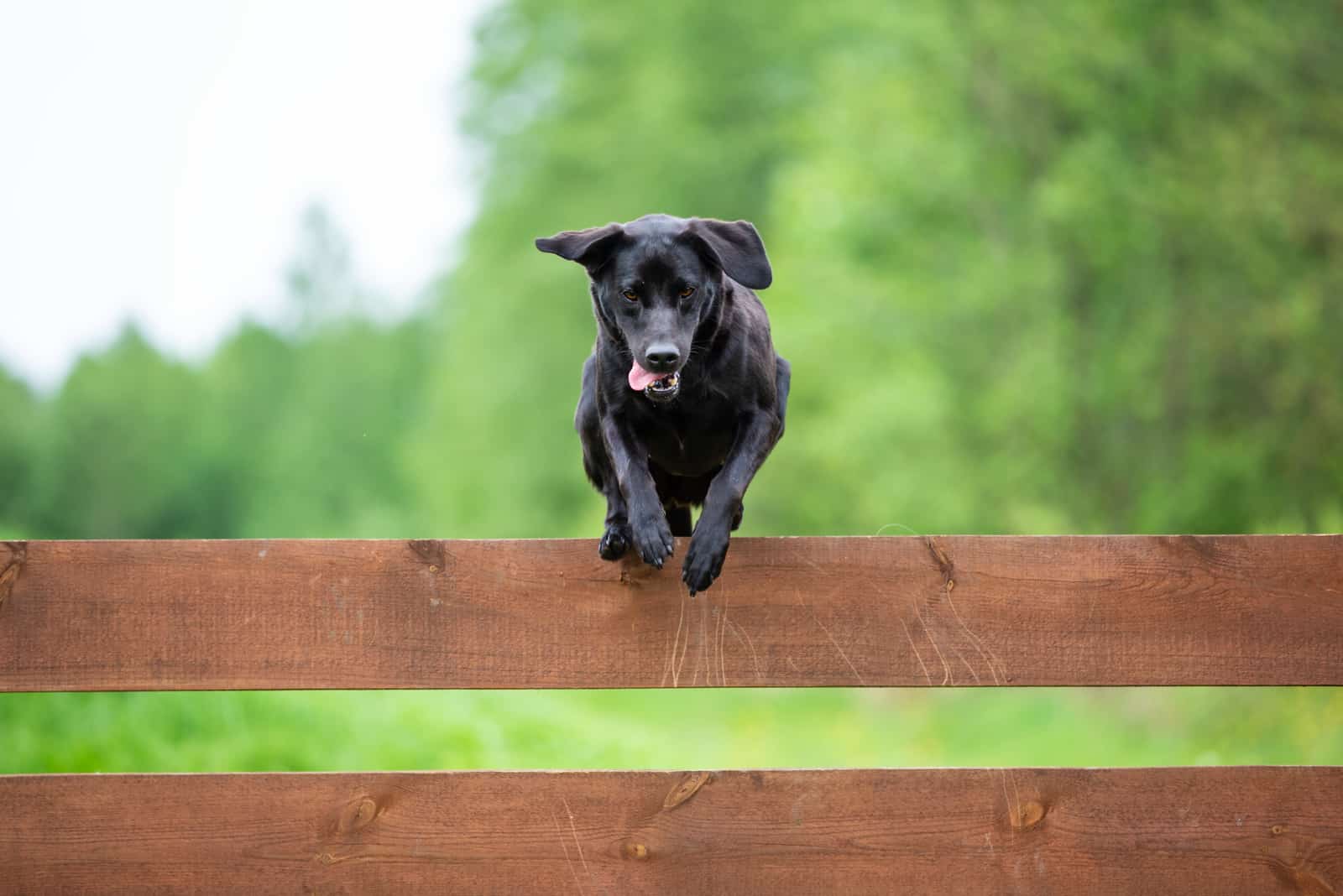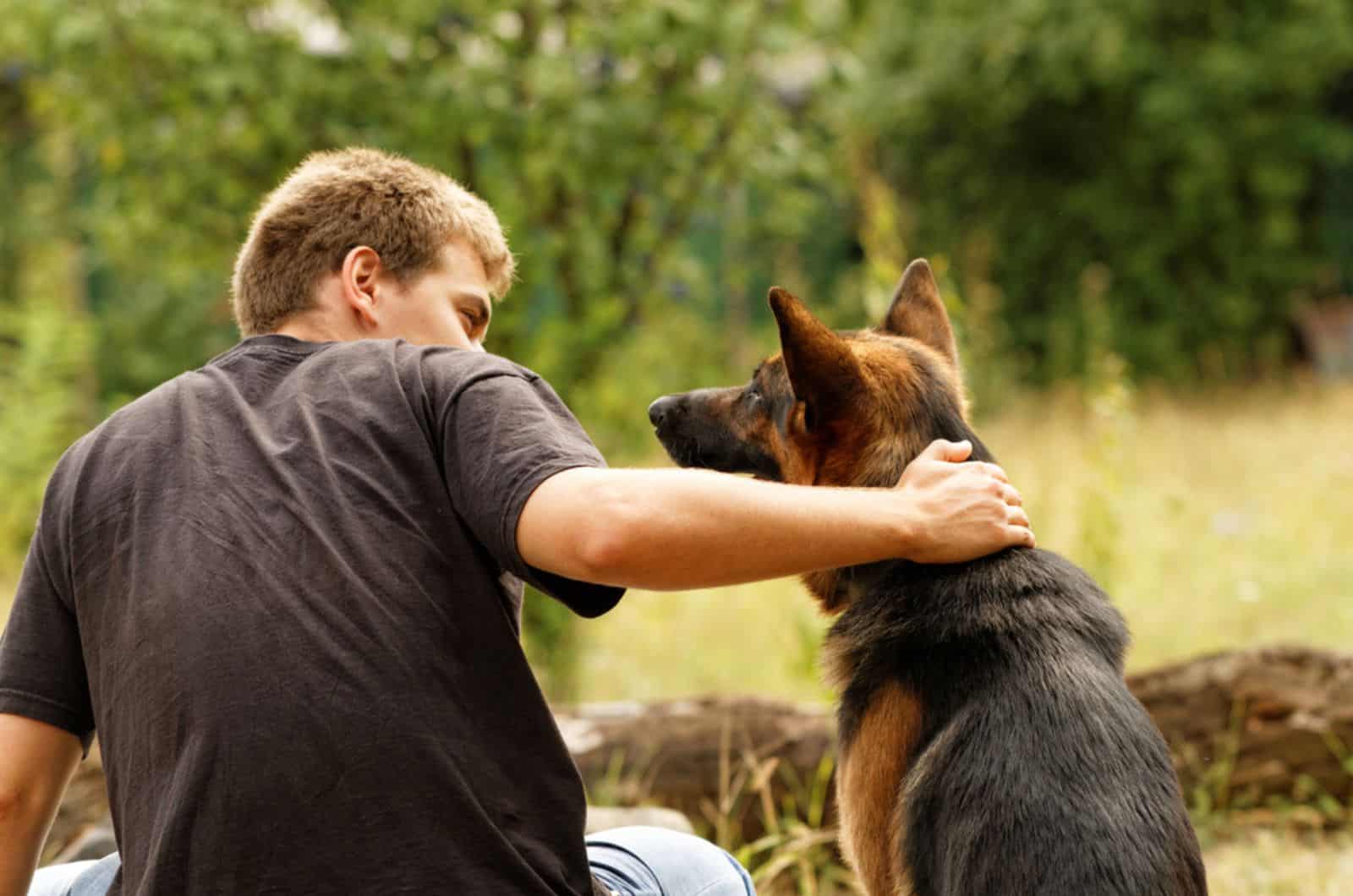Yesterday, I received an email from one of my readers asking for help. Naturally, I immediately went into helping mode and did my best to ease his mind.
Here’s what the email said:
“Hey Liam, I hope you’re doing well.
Me and my girl, Josie, aren’t. It’s been a week since she started whimpering and crying in her sleep. She just turned two years old this weekend.
Of course, the first thing I thought was that she was dreaming of something. But, as it continued every time she went to sleep and for a nap, I started to get worried.
I don’t think my Josie is just dreaming. Could something be wrong with her? We have our vet checkup next week and I can’t shake the feeling that she might be in pain.
Help us, please!”
Josie and Allan
Well, Allan, I like the way you think. We all immediately go to the same idea: the dog must be dreaming. That’s why she’s whimpering, twitching, wagging her tail, etc.
However, I see this pattern repeating constantly, and it wouldn’t be half bad to check for any underlying condition that might cause the whimpering.
Let’s discuss this common canine behavior!
She’s Dreaming… That’s Why She’s Whimpering
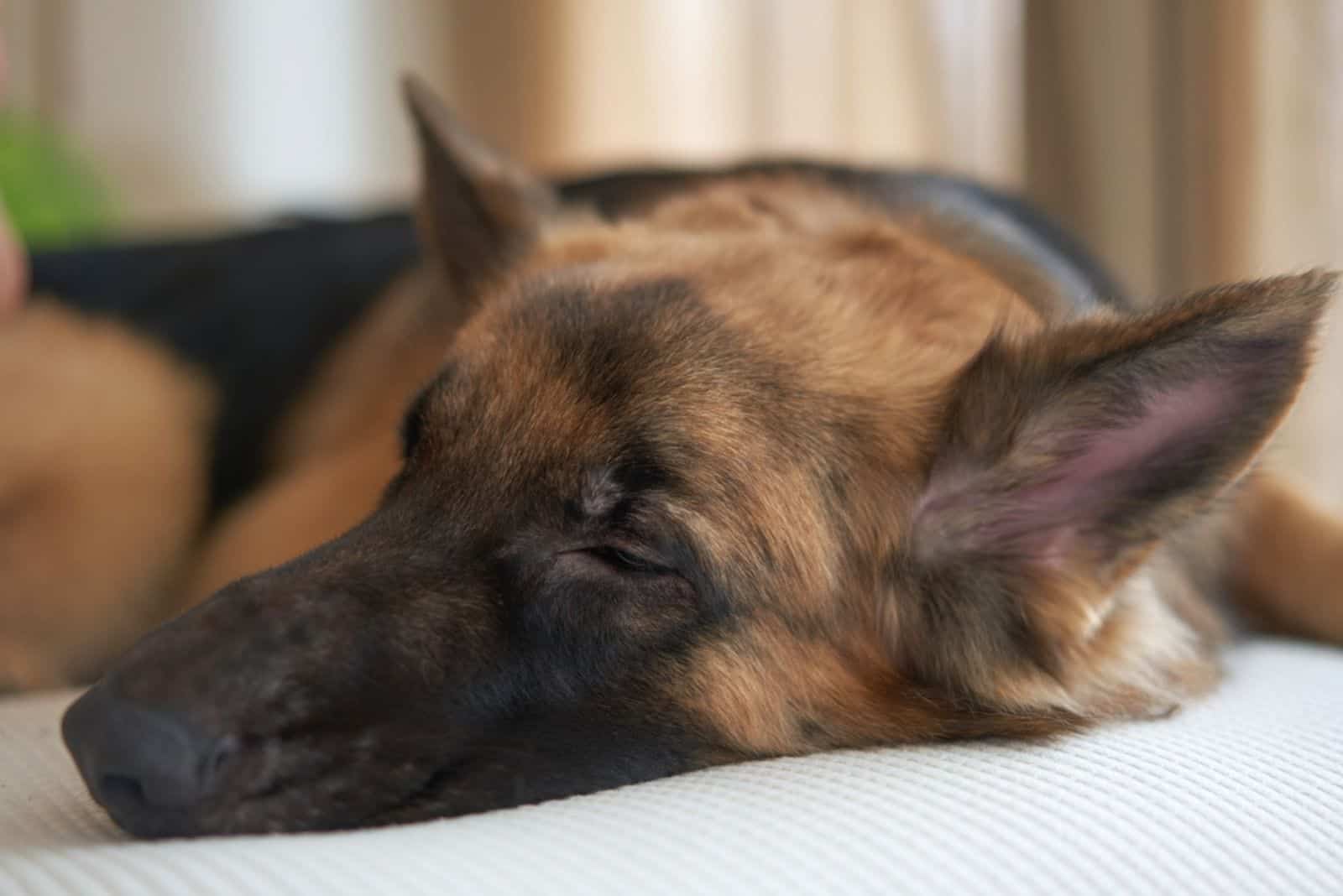
Yes, that’s generally the idea and the reason behind the whimpering. But, it doesn’t have to be.
It’s one thing to have a dog whimper from time to time, and it’s a completely different thing to hear her whimpering all the time, whenever she closes her eyes.
Usually, sleep activities like whimpering, twitching, or moving legs during sleep are linked to the REM stage of the sleep cycle. During this stage, dogs dream, and their brain is at the peak of its activity.
Dogs process the day behind them and their experiences, and they relive their memories.
And, we shouldn’t bother them. We shouldn’t wake them up.
I know it may sound like your dog is having a nightmare, but there’s no way we can prove that. As far as we know, he might be dreaming about your day at the park, which has nothing to do with nightmares.
Whimpering, crying, or whining in sleep usually happens when German Shepherds are puppies. It’s a standard behavior for all GSD pups, and for all the other breeds, too. As puppies grow up, they usually completely ditch this behavior and outgrow it.
It was simply their cry for attention because they were so small and helpless.
Could The Whimpering Be A Sign Of Certain Medical Problems?
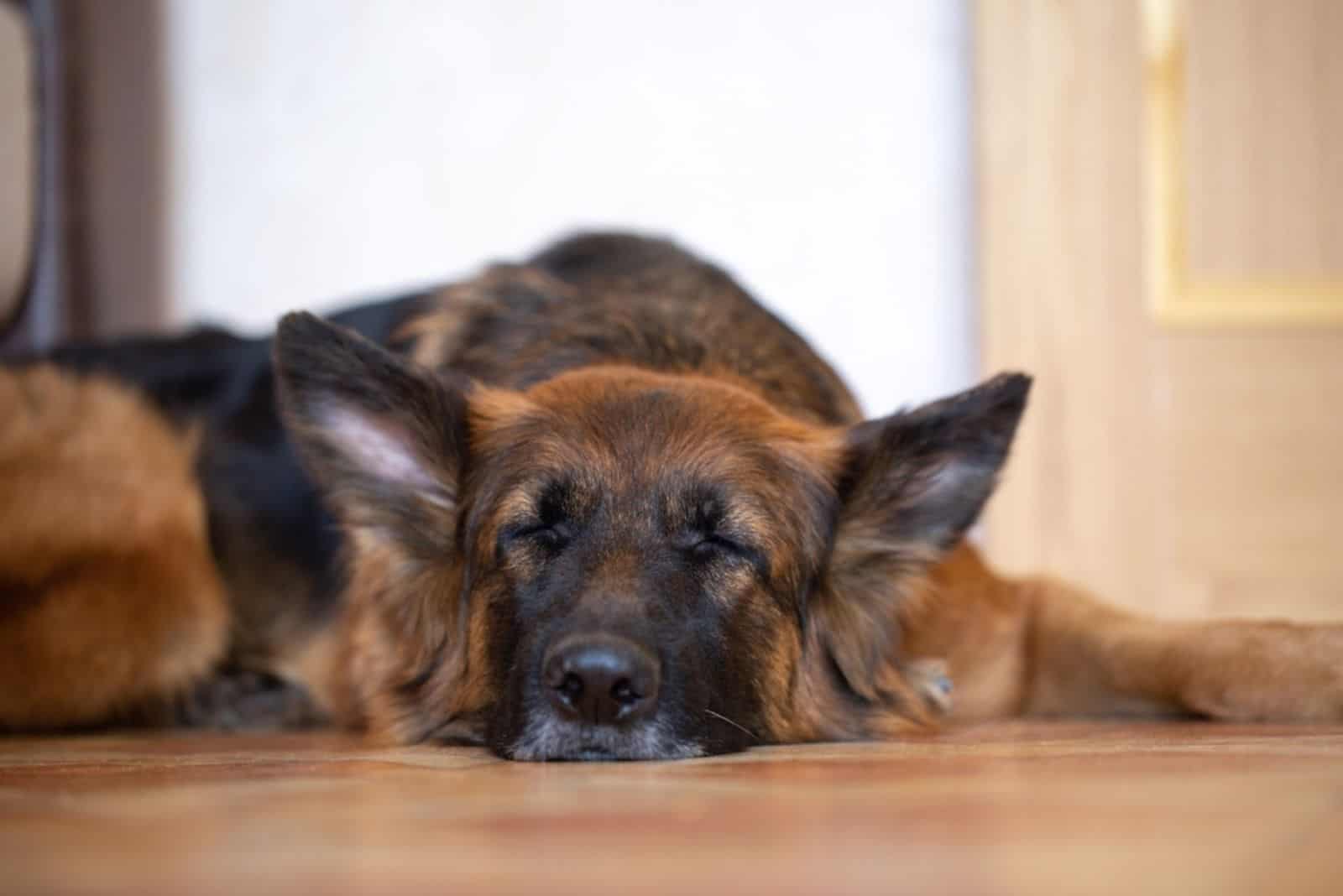
Unfortunately, it could.
You own a German Shepherd, so you must already be prepared for major health problems with their mobility, like hip or elbow dysplasia, weak joints, arthritis, or weak bones.
Those conditions usually progress as the dog ages, but congenital problems like dysplasia can happen in any life stage.
Senior German Shepherds are usually whining in their sleep because they’re in pain. If this happens a lot, and it starts abruptly, you should have your dog checked. In most cases, your vet will prescribe pain killers because there’s really no other option that works for such conditions.
Sometimes, whimpering can be a sign that your dog is experiencing bloat. As you already know, BLOAT is extremely common with German Shepherds. |1|
So, when the tummy fills up with air and twists, whining, among other symptoms like melancholic behavior, lack of energy, lack of appetite, etc., can be a tell-tale sign.
Lastly, whining can be linked with other major health problems that affect the nervous system.
Dogs that experience seizures often whimper in their sleep – they also twitch and paddle with their legs.
If your dog has always been healthy, but the whimpering episodes have started lately, maybe you should have him checked.
It’s kind of easy to distinguish normal sleep whimpering from seizure whimpering. Dogs that are having seizures in their sleep paddle with their legs a lot, and those movements are stiff and somewhat violent. |2|
I urge you to notify your vet if this begins to happen to your dog. Prevention can help a lot, and can sometimes even treat the affected canine.
What Should I Do If My German Shepherd Is Crying In His Sleep?

Well, this is the case where you don’t listen to your instincts, and your instincts will tell you to wake up your dog.
Don’t do it unless it’s already repetitive and he is becoming aggressive.
Crying in sleep is a normal behavior, but you should still take into consideration other factors like your dog’s age, recent activities, general health, diagnosed conditions, etc.
In most cases, crying isn’t something to be worried about. But, if I were you, I’d still get my dog checked if the whimpering continues and your gut tells you something might be wrong.
Better safe than sorry!
Sources:
|1| Ruthra, M., Arulmozhi, A., Madheswaran, R., Balasubramaniam, G. A.
Pathology of gastric dilatation and volvulus (Gdv) in a German shepherd dog – a case report. 2017. DOI
|2| Anita Shea, Alex Hatch, Luisa De Risio, Elsa Beltran. Association between clinically probable REM sleep behavior disorder and tetanus in dogs. 2018. DOI


